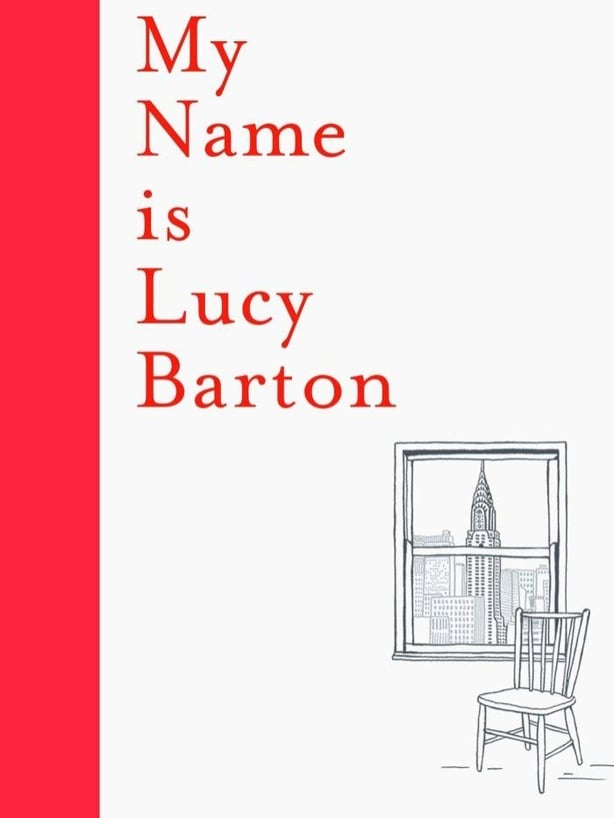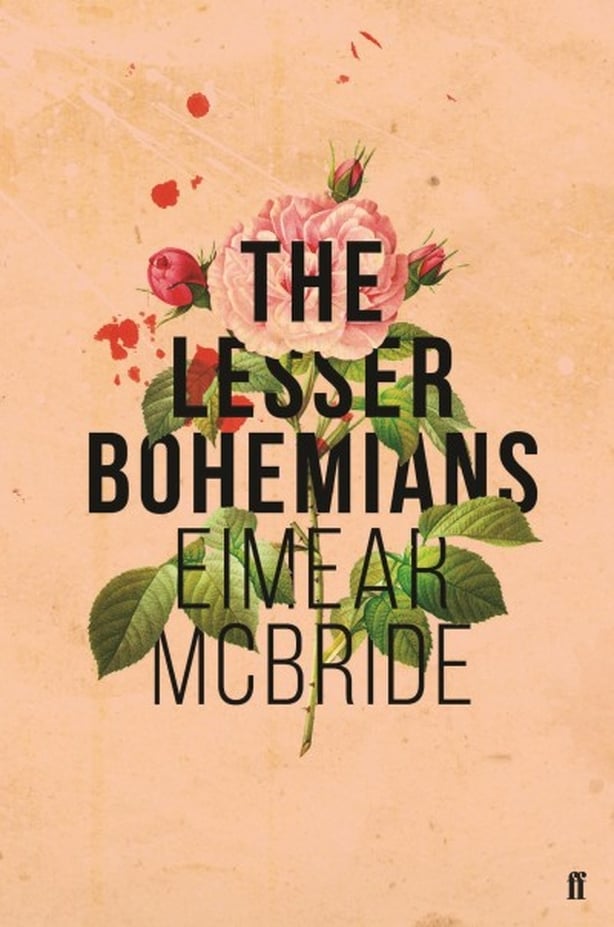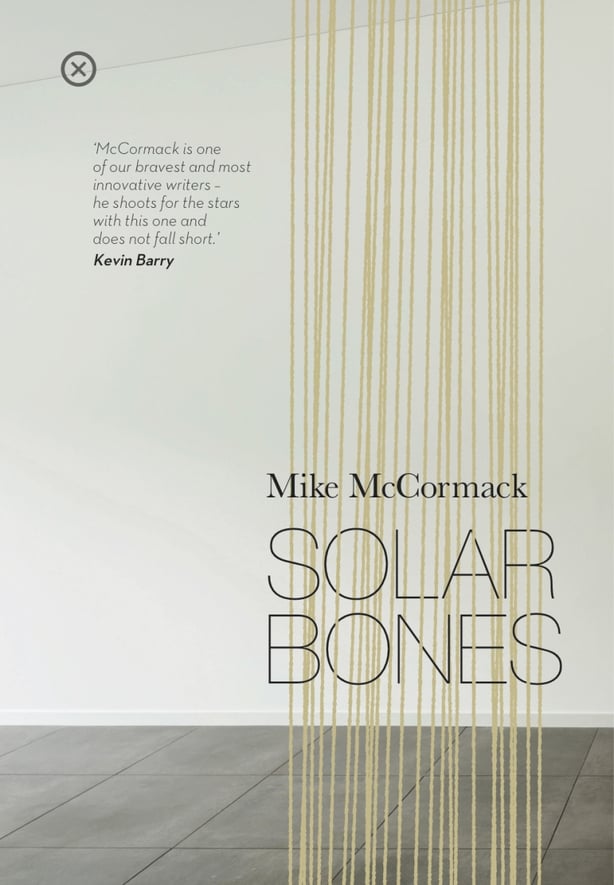Two Irish authors and six novels in translation from countries including South Korea and Mexico feature on this year’s Dublin Literary Award shortlist. RTÉ Arts and Media correspondent Sinéad Crowley has been taking a look at the list.
Marcus Conway is dead, but that doesn’t stop him being at the centre of one of the best Irish novels in recent years. Solar Bones, by Mike McCormack won the Goldsmith’s Prize and Irish novel of the year award in 2016, was longlisted for the Man Booker and is now a very welcome addition to the Dublin Literary Award shortlist.
It opens with Marcus sitting his West of Ireland home on All Soul’s Day, from where his life unfolds onto the pages, in a single undulating sentence that fits the book’s mood perfectly and gives the reader a note perfect description of Irish life a decade ago.
Another author with West of Ireland roots is Eimear McBride, on the shortlist with The Lesser Bohemians. As with two other recent Irish books, Louise O’Neill’s Almost Love and Sally Rooney’s Conversations With Friends, this book concerns itself with the relationship between a younger woman and an older man. Those who have read McBride’s debut, A Girl is a Half Formed Thing will be familiar with her post modern, even Joycean style which features fragmented sentences that bring you deep inside the story rather than skating on its surface. As with McBride’s debut, stories from the characters’ early lives resurface to influence their present but this is ultimately a more hopeful book than her first, as well as being a love letter to London.

A book many readers will be thrilled to see on the shortlist is My Name is Lucy Barton by Elizabeth Strout, which appeared on many ‘best of’ lists at the end of 2016. It’s a deceptively simple story about a woman who is hospitalised with a mystery illness and is visited, for the first time in a long time, by her mother. As the two talk, the story of Lucy’s rural upbringing unfolds. This book looks unflinchingly at family relationship and the question of what constitutes ‘home’ and, indeed if home can ever be left behind.
Another mother-daughter relationship features in Ladivine by Marie Ndiaye, although relations between this pair are much more strained. Translated from French, the novel features a woman who has hidden from the world the fact that her mother is a poor black housekeeper. As life takes its toll, she finds it difficult to maintain the lie. I found the language in this novel a little distancing and its lead character difficult to empathise with, but it will be of huge interest to anyone interested in contemporary France and its recent social and political history.

A book I really enjoyed from the list was The Woman Next Door by Yewande Omotoso. As the title suggests, it features two elderly women, one black, the other white, who live next door to each other in an upmarket estate in Cape Town. One of the book’s main attractions, for me was the fact that the women are in their eighties but still living full and vibrant inner and outer lives, and that although some of the story focuses on their past, they still have a lot to do in the present. There is, of course, discussion of apartheid and race relations, but not necessarily in the way you’d expect and this book offers what feels like a genuine and non-judgemental look at a rapidly changing society.
There’s another elderly female protagonist in Alina Bornksy’s Baby Dunja’s Last Love and she’s a wonderful character. A mother and grandmother who was forced to leave her Ukranian village because of radiation, Baba Dunja decides to ignore the warnings and head home. She is followed by others from her village, and soon the disparate group end up in what is almost their own private kingdom, despite its dangers. But then, of course, reality intervenes. Despite the weighty topics, there’s a huge streak of fun in Baba Dunja and the reader can’t help but warm to her.

As always, the Dublin Literary Award takes the reader on a trip around the world. There’s an Italian translation – Distant Light by Antonio Moresco, a dreamlike novella in which a man investigates a mysterious light in the forest. Elsewhere, Human Acts by Han Kang is set in South Korea in the 1980s, and has been eagerly awaited by those who loved her Man Booker International prize winner The Vegetarian.
The Transmigration of Bodies by Yuri Herrera is a short, sharp Mexican novel featuring violent crime with elements of dystopian fiction while Roy Jacobson's The Unseen floats the reader elegantly backwards in time to Norway at the turn of the last century, as the world intrudes on an isolated island community.
As always, all shortlisted books will be available in Dublin city libraries and other libraries around the country, and the winner of the €100,000 prize will be announced in June.

